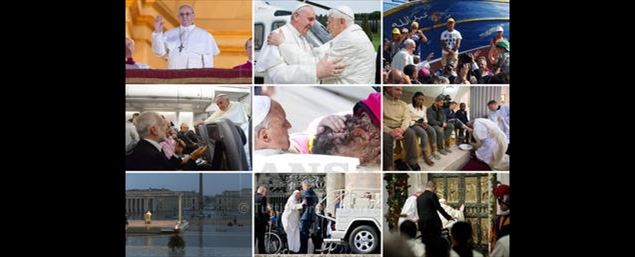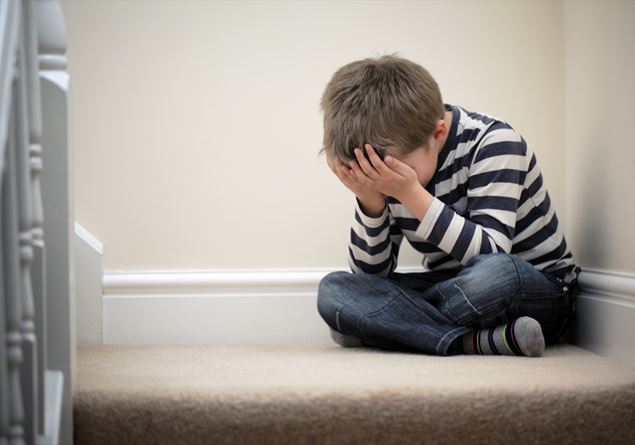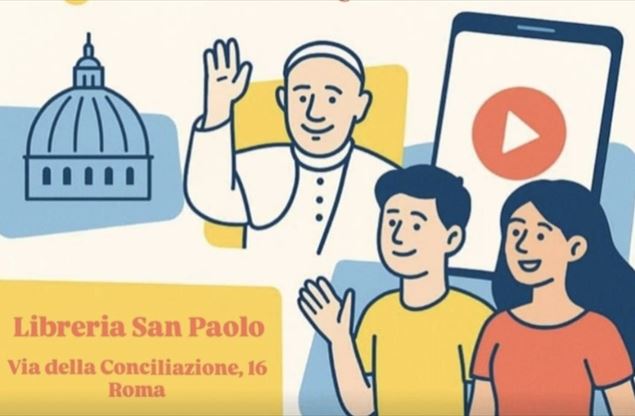Twelve years are not canceled. Twelve years of words, gestures and choices that have left a profound mark, not only within the Church, but also in the hearts of ordinary people. The Demopolis Institute has tried to photograph what remains, today, of the pontificate of Pope Francis in Italian public opinion. The results are clear: with an average trust of 75% – which reaches 83% among practicing Catholics and touches 60% even among non -believers – Jorge Mario Bergoglio was, in no uncertain terms, “a fundamental reference for Italians, well beyond faith or religious practice”, as Pietro Vento, director of Demopolis, observes.
The distinctive features that most characterized its pontificate are impressed in the collective memory. 80% of interviewees underline the constant commitment for peace and against every war, reaffirmed up to the last few days, as in the strong Easter message of denunciation on the Ukrainian tragedy and on the inhuman situation of Gaza. 66% remember incessant attention to the “last”, the poor, migrants, forgotten. To hit, immediately, was also spontaneity: almost 6 out of 10 Italians say they have been conquered by the freshness of his gestures and words, in an era where everything seemed to be an artifact.
But there is more. The environmental theme, now fully entered the global agenda, owes a lot to the heartfelt invitations of Francesco to the care of creation. An ecological consciousness that, for many, was born precisely on the echo of its exhortations.
If the Italians are asked for the most indelible images of these twelve years, some symbolic scenes emerge without hesitation: above all, for 60%, the figure of Pope Francis who only prays, in the rain, in a Square San Pietro spectral during the peak of the pandemic in 2020. But also the choice to start his ministry by visiting Lampedusa, in 2013, on the traces of the migrants drowned, and the gesture of living in Santa Marta, to the papal apartment, to remain close to everyday life.
The path of innovation started by Bergoglio met, as was predictable, obstacles and resistance. Yet, according to Demopolis’ investigation, the majority of Italians are convinced that the openings wanted by Francesco have marked an irreversible turning point: 53% believe that they will also continue with the next Pontiff. A figure that photographs not only the appreciation for man, but also the perception of a change that has now entered the fabric of the Church itself. More prudent, however, 38%, which fears the risk of a setback.
However it goes, the furrow is traced. For better or for worse, Bergoglio brought the church back to the center of the scene, not with the glories of power, but with the simple force of the lived Gospel. And, liked it or not, he spoke to everyone, believers and non -believers, with the language of all time: that of humanity.











